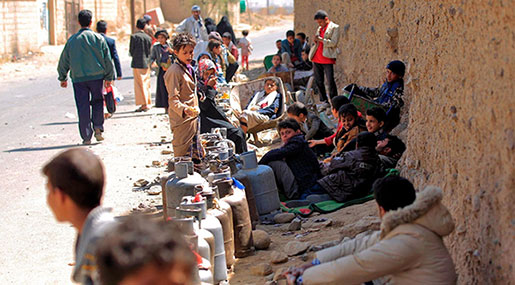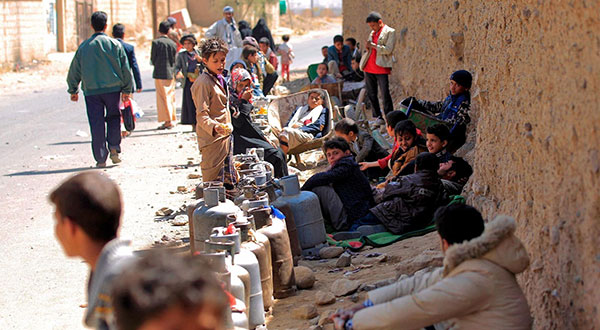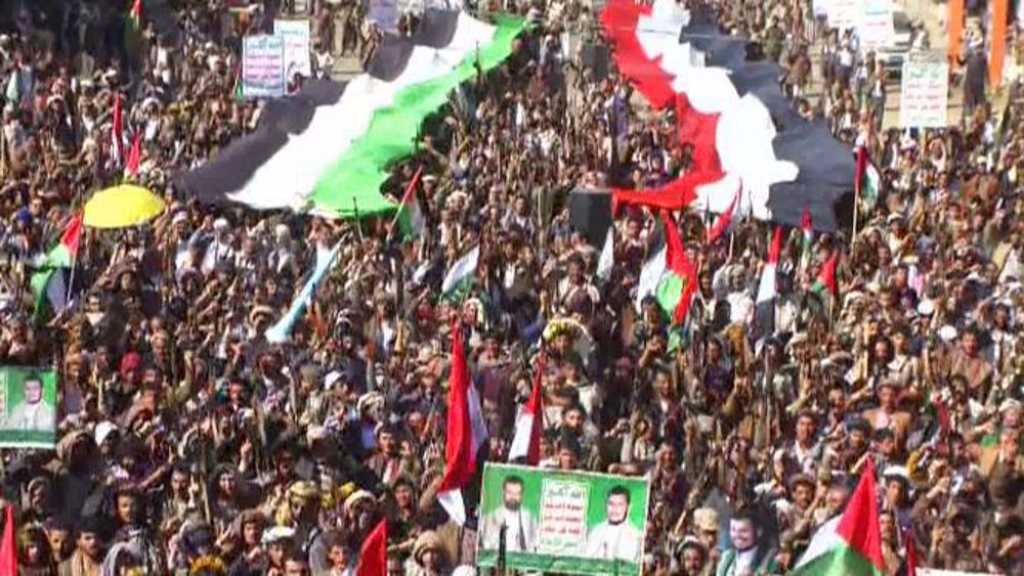
Millions at Risk of Famine in Yemen as Saudi Arabia Enforces Blockade on Most Ports

Local Editor
Even for Yemenis accustomed to the brutal economies of life under a years-long siege, the effect of a blockade of all air, sea and land ports into the country was a surprise.

"Food merchants immediately doubled all their prices. Fuel, in one moment, disappeared from the markets and the price of what remains is insanely high," said Yemeni civil rights activist Baraa Shaiban in a phone interview Thursday from London.
"And those who are sick, who need to travel for treatment, they're the worst hit," Shaiban said.
The result of the closure by a Saudi Arabian-led coalition could be a famine affecting "millions of victims," said Mark Lowcock, the United Nations undersecretary-general for humanitarian affairs, in a Wednesday briefing at the UN Security Council.
"It will not be like the famine that we saw in South Sudan earlier in the year where tens of thousands of people were affected. It will not be like the famine which cost 250,000 people their lives in Somalia in 2011," said Lowcock.
There were reports Wednesday that Saudi Arabia would allow work to resume at the southern port of Aden, but as of late Thursday, it was unclear whether aid boats had been able to dock, said Jamie McGoldrick, the UN humanitarian coordinator for Yemen, in a phone interview.
The US has provided arms as well as logistical support, including midair refueling, to the coalition.
The Red Cross said Tuesday that the latest closure prevented it from delivering a shipment of chlorine tablets, necessary for the prevention of cholera, and fears that it will not be able to deliver 50,000 vials of much-needed insulin.
Humanitarian access to the country has also been impeded, the United Nations said.
Saudi Arabia "is killing Yemenis not only with cluster bombs, but with starvation and disease," said Nasser Arrabyee, a Sana-based journalist, in a phone interview Thursday. "It's a matter of life and death for us."
McGoldrick, the UN humanitarian coordinator, said that even if aid could reach Aden, it is only one of several ports needed for humanitarian access.
"It's not an alternative, and it doesn't have enough capacity to substitute for" Hodeida and Saleef, said McGoldrick. Aside from food, he added, the lack of fuel, used to pump clean water, has forced people to "take a gamble" on untreated water, potentially exacerbating the cholera challenge.
Source: LA Times, Edited by website team
Comments
- Related News



